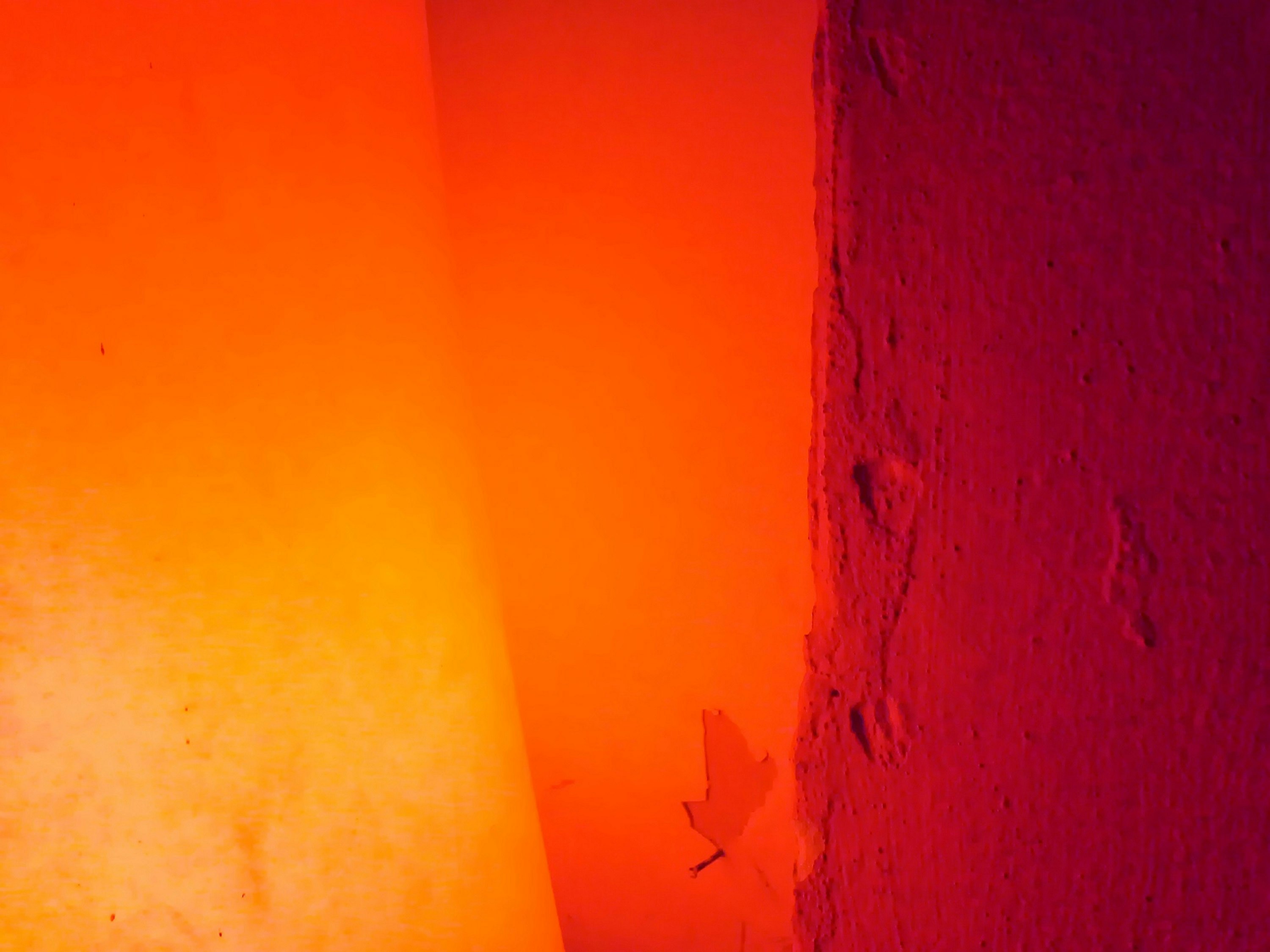There are a number of laws and regulations that any real estate portfolio operator would need to be mindful of. Many of these regulations are new and evolving as the landscape of remote working, tourism, short-term rentals and self-service platforms evolve and grow.
Here is a list of local rules and regulations related to Bizkaia:
Business licences.
In order to operate a short term rental, whether a single room or full property, a spacial licence needs to be obtained. An application can be made to the Basque government and if all requirements are met, a licence will be issued.
Many locations in Spain that have been inundated with applications, such as Barcelona, have stopped or limited the issuance of licences.
In the Basque Country licences are still issued, however some limitation have been introduced. For example in Bilbao, only ground or first floor flats can apply for a tourist house licence.
The application will also call for adherence to certain building and housing standards that will be covered below.

Building and Housing Standards.
Most local governments and jurisdictions have rules and regulations specifying minimum construction, design, and maintenance standards for buildings. These may include regulations on habitability, health, and safety.
In Bizkaia, the regulation dictating that:
- Main bedroom must have a minimum width of 2.5 m
- Bedrooms need to be bigger that 10 m2
- Living room must have at least 3 m in width
- Bathroom should be bigger than 3.5 m2
- Living room and kitchen in combination should be bigger than 20 m2
- For new properties or where major works are in the cards, properties must be given a minimum of 4 m2 of outside space (balcony or patio)
- Ceiling hight must be more than 2.5 m. However an exception is made for passageways and bathrooms, which can be a min of 2.2 m high.
Zoning Rules.
Most cities or other local jurisdictions have laws that set out the way a property can be used. These rules are often found in a zoning code, planning code, or city ordinances. You should consult these rules or regulations to see if your listing is consistent with current zoning requirements or use definitions, or contact your local government directly.
In the Basque Country each property is given a code. For example V12 for residential, Y11 for attics or storage places, and C21 for local shops. Based on this code we can imagine and assess its permitted use.
In some rare cases, the council might allow for a change of use. This is usually a min 6 month process with an investment of about 1.500€.
Landlord and tenant laws.
Before considering short-term hosting, it is important to be familiar with the local regulation and laws that govern the conditions of rentals and make the appropriate changes to ensure compliance. For example, if you're renting a home or apartment in Spain longer stay guests might have an additional layer of rights under applicable laws.
Other rules.
Neighbourhood communities dictate the bylaws for buildings in Spain. Sometimes these bylaws would include rules on how properties might be used. It would not be surprising if some communities have elected to disallow airbnb in their building. Therefore it is imperative that the bylaws are checked. This is also why we aim to invest in buildings and not individual flats. This will allow us to de-risk additional limitations and issues with other leaseholders.


